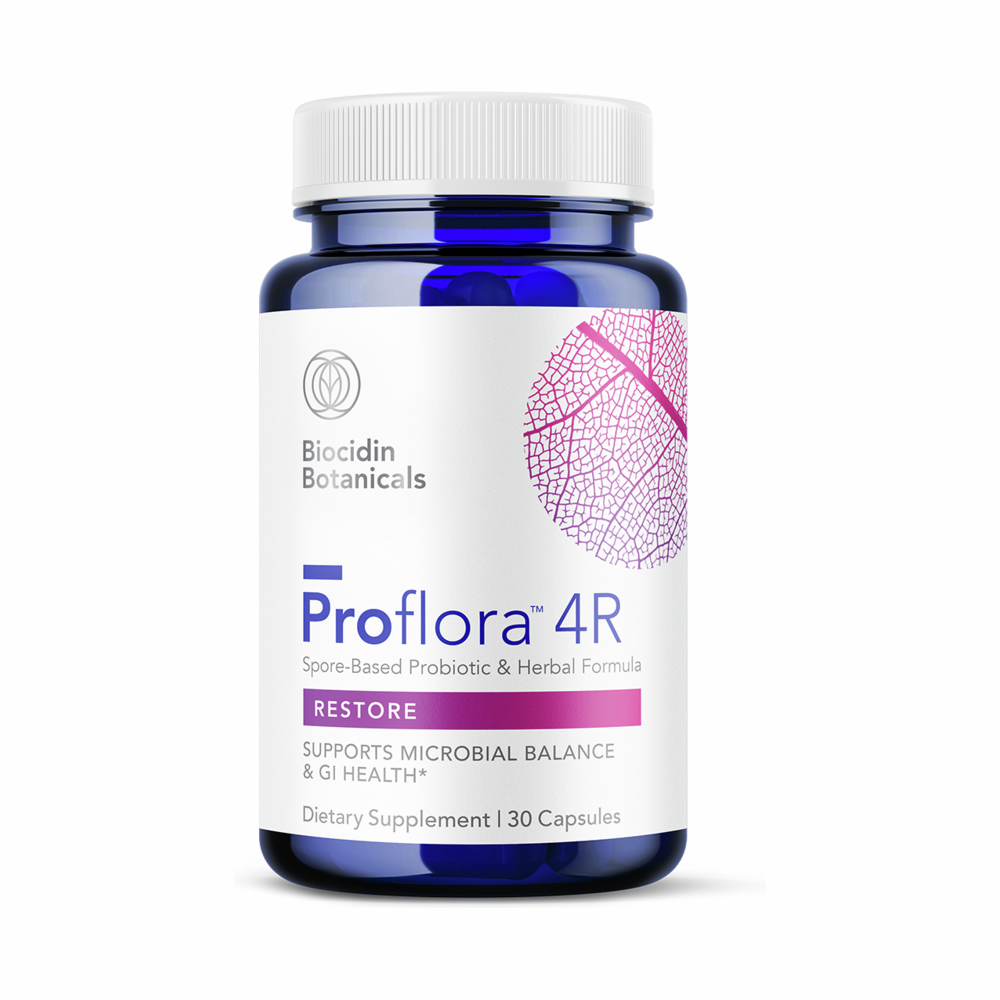Pregnancy is a transformative journey, physically, emotionally and biologically. Among the many changes happening in your body, your gut health plays a surprisingly vital role. Enter probiotics and prebiotics: the dynamic duo that can support digestion, immunity and even mood during pregnancy.
In this blog, we’ll explore how these gut-friendly nutrients benefit expecting mothers, which foods to focus on and what science says about their safety and effectiveness.
The Difference Between Probiotics and Prebiotics
When it comes to nurturing your gut, two terms often pop up: probiotics and prebiotics. While they sound similar, they play very different roles in your digestive system. Let’s break down the difference between these two and explore how they work together to keep your body thriving.
What Are Probiotics?
Probiotics are live microorganisms, mostly bacteria and some yeasts, that provide health benefits when consumed in adequate amounts. They’re often referred to as “good” or “friendly” bacteria because they help maintain a healthy balance in your gut.
What Are Prebiotics?
Prebiotics are non-digestible fibres and compounds that feed the beneficial bacteria in your gut. Think of them as the fuel that powers your probiotics to grow and flourish.
Can you Take Probiotics While Pregnant?
Pregnancy is a time of incredible transformation and your gut health plays a bigger role than you might think. From digestion to immunity, the microbiome influences many aspects of maternal and foetal well-being. But can you safely take probiotics while pregnant? Let’s explore the science, the benefits and how to incorporate them into your prenatal routine.
What the Research Says:
- No known adverse effects have been reported in healthy pregnancies when using well-studied strains like Lactobacillus and Bifidobacterium.
- Probiotics may help reduce the risk of gestational diabetes, preeclampsia, and bacterial vaginosis.
- They support gut health, which is closely linked to immune function and nutrient absorption, both critical during pregnancy.
Of course, it’s always best to consult your healthcare professional or midwife before starting any new supplement.
The Benefits of Probiotics When Pregnant
Your gut is home to trillions of microorganisms that influence everything from nutrient absorption to hormone regulation. During pregnancy, hormonal shifts and immune changes can disrupt this balance, leading to digestive discomfort, increased susceptibility to infections, and nutrient deficiencies.
Probiotics help restore and maintain a healthy microbiome, which benefits both mother and baby in remarkable ways.
| Benefit | Area Supported | How It Helps Mum | How It Helps Baby |
| Digestive Health | Gut & Intestines | Reduces bloating, constipation, and heartburn | Promotes nutrient absorption for foetal growth |
| Mood & Mental Health | Brain-Gut Axis | Supports emotional balance and reduces anxiety | Indirectly benefits baby through reduced maternal stress |
| Nutrient Absorption | Gut & Placenta | Enhances uptake of iron, calcium, magnesium, and folate | Ensures optimal nutrient delivery for development |
| Vaginal Microbiome Balance | Reproductive System | Helps prevent bacterial vaginosis and yeast infections | Reduces risk of preterm birth and neonatal infections |
| Blood Sugar Regulation | Metabolic System | May lower risk of gestational diabetes | Supports stable glucose environment for baby |
| Anti-inflammatory Effects | Whole Body | Reduces systemic inflammation and supports joint health | Promotes healthy immune development |
Emerging research shows that a mother’s microbiome can shape her baby’s gut health, even before birth. Probiotics taken during pregnancy may:
- Influence the baby’s immune system and reduce risk of eczema or asthma
- Support brain development through improved maternal nutrient absorption
- Help establish a healthy gut flora in the new-born, especially if delivered vaginally
Potential Side Effects
While prebiotics are beneficial, some women may experience side effects, especially when starting a new supplement or consuming large amounts. These effects are typically mild and temporary, but it’s important to be aware:
Common Side Effects (Usually Dose-Related)
- Bloating and gas: Fermentation of fibres in the gut can produce excess gas, especially if introduced too quickly.
- Abdominal discomfort: Cramping or fullness may occur when fibre intake spikes suddenly.
- Loose stools or diarrhoea: High doses can speed up digestion too much.
- Nausea: Rare, but possible if taken on an empty stomach or with other supplements.
- Increased flatulence: A sign that gut bacteria are adjusting to the new fuel source.
These symptoms are more likely when:
- Prebiotics are taken in excessive amounts
- Combined with other high-fibre foods or supplements
- Introduced too quickly without allowing the gut to adapt
How to Minimise Side Effects
- Start low and go slow: Begin with small doses and gradually increase.
- Stay hydrated: Fibre needs water to move smoothly through the digestive system.
- Pair with probiotics: A balanced microbiome may reduce digestive discomfort.
- Choose pregnancy-safe formulations: Look for prebiotics included in prenatal supplements designed for gentle digestion.
Prebiotics can be a powerful ally in your prenatal health routine, but like anything, balance is key. If you experience discomfort, it’s often a sign to adjust your dosage or timing, not a reason to abandon them altogether.
Always consult your midwife or healthcare professional before starting new supplement and listen to your body as it adapts. A happy gut means a healthier pregnancy for both you and your baby.
Pregnancy Care and Fertility Support
Whether you're already pregnant or planning to be, supplementation plays a vital role in supporting your body through every stage, from conception to postpartum recovery. During pregnancy, targeted nutrients like folic acid, iron, DHA, and probiotics help nurture both maternal health and foetal development.
Pre-Pregnancy & Fertility Support
Before conception, your body benefits from foundational nutrients that prepare it for pregnancy. The Pre-Pregnancy Vitamins Collection offers expertly formulated supplements that:
- Regulate menstrual cycles
- Improve egg quality with CoQ10 and vitamin D
- Support hormonal balance and ovary function
And let’s not forget, fertility is a team effort. Men’s reproductive health matters too. The Men’s Health Supplements Collection include key nutrients like zinc, omega-3s, and antioxidants to support sperm quality and motility.
For a deeper dive into how supplementation evolves across each trimester and how it supports fertility at every stage, check out the Trimester-by-Trimester Guide to Supplements and Fertility
From pre-conception to postpartum, the right supplements can make a meaningful difference. So whether you're just starting to plan or already nurturing new life, you're not alone and your body deserves the best support possible.
Final Thoughts: A Gut Feeling Worth Trusting
Probiotics aren’t just a digestive aid, they’re a foundational part of prenatal wellness. By supporting your microbiome, you’re nurturing your own health and laying the groundwork for your baby’s lifelong wellbeing. Whether you’re managing morning sickness, boosting immunity, or simply seeking balance, probiotics can be a gentle yet powerful addition to your pregnancy journey.
|
Proflora 4R (30 Capsules) - Biocidin Botanicals Proflora 4R is a powerful, spore-forming natural probiotic designed to calm, restore, and rebalance your digestive system. Formulated with soothing botanicals like marshmallow root, aloe vera, and highly absorbable quercetin QU995, it supports gut lining integrity, reduces inflammation, and promotes microbial harmony—especially for those dealing with "leaky gut" or histamine sensitivity. |




